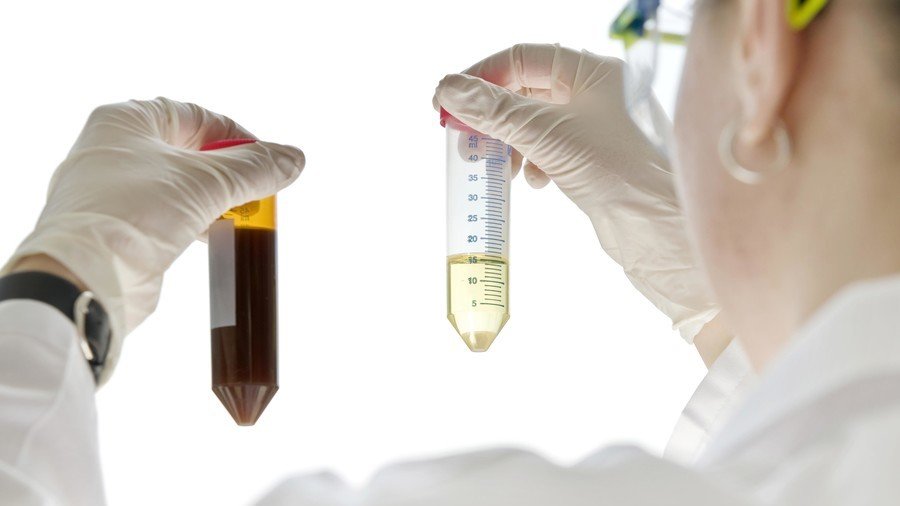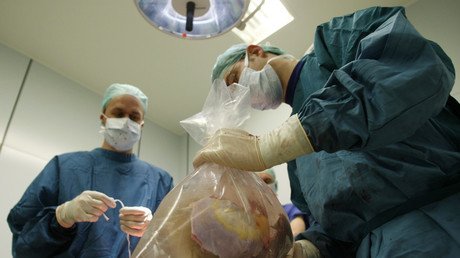Surprise, surprise: Lab-grown mini-kidneys unexpectedly develop brain & muscle cells

Researchers working to develop laboratory-grown human kidneys were left stunned after observing that the mini organs they were working on started sprouting brain and muscle cells instead of additional kidney cells.
The test-tube grown miniature kidneys, or kidney organoids, are made from stem cells that are encouraged to develop into clusters of specific kidney cells. Scientists hope that the process could one day treat people with kidney diseases.
However, recently published finding discovered that the technique had some unknown consequences, actually creating other cells that weren’t kidney related.
While researchers are enthusiastic about using this process to help people fight diseases, there is a catch. Dr. Benjamin D. Humphreys, one of the report’s authors, warned that “scientists haven't fully appreciated” that some of the cells that make up the lab grown organs may not mimic what we would find in people.
Humphreys said that between 10 percent and 20 percent of cells in the mini-kidneys missed cues to develop further into kidneys cells, unexpectedly going “rogue” and becoming brain and muscle cells.
These 'off-target' cells can be problematic for researchers, Humphreys told Live Science, explaining that “when off-target cells appear in an organoid, it means that it doesn't faithfully model a human kidney.”
Thankfully, researchers analyzing the cells found they could intervene with the rogue cells, cutting down on the number of brain cells found in the mini-kidney by 90 percent.
For Humphreys, the research will “really accelerate” progress in improving organoids for human kidney disease and drug discovery, and hopes the technique can be applied to targeting rogue cells in different types of lab-grown organs.
“Developing kidney organoids is driven by the reality that we have so many patients with failing kidneys and no effective drugs to offer them,” he added.
Think your friends would be interested? Share this story!














